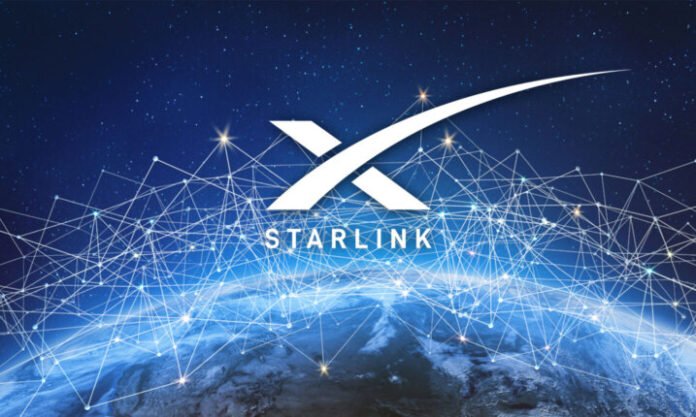ISLAMABAD: In a major step toward revolutionizing internet access in Pakistan, the Pakistan Space Activities Regulatory Board (PSARB) granted provisional permission on Friday to the American satellite-based internet provider, Starlink. This approval marks a significant development in upgrading the country’s digital infrastructure, particularly in remote and underserved areas.
Bridging the digital divide
Minister of Information Technology and Telecommunication, Shaza Fatima Khawaja, highlighted the transformative potential of satellite internet, emphasizing that modern solutions like Starlink will enhance connectivity nationwide. She stated that the provisional registration was granted under the directives of Prime Minister Shehbaz Sharif, following coordinated efforts by the cybercrime agency, security agencies, Pakistan Telecommunication Authority (PTA), and PSARB.
Regulatory hurdles and next steps
While Starlink has cleared a major initial hurdle, it must now obtain an operating license from the PTA to commence full-fledged operations in Pakistan. The IT Minister explained that PTA is currently negotiating key agreements, including licensing fees and regulatory compliance measures.
“One of the crucial aspects under discussion is the provision for service shutdowns in specific areas due to national security considerations,” a senior PTA official revealed.
Musk’s confirmation and pilot testing
Elon Musk had previously confirmed on his social media platform X (formerly Twitter) in January that Starlink had applied for an operating license in Pakistan. The company subsequently initiated pilot testing in February to evaluate the feasibility and security of its satellite-based internet services.
As part of security protocols, a joint team of experts from the army, air force, Ministry of IT, PTA, and other relevant authorities conducted extensive testing of Starlink’s satellite-to-cell service. Their objective was to assess potential digital threats to Pakistan’s infrastructure and data centers, ensuring that national security remains uncompromised.
Revolutionizing connectivity in challenging terrains
The most crucial advantage of Starlink’s Low Earth Orbit (LEO) satellite technology lies in its ability to provide internet access in remote, mountainous, and disaster-prone regions where traditional telecom infrastructure is difficult to establish.
With this landmark decision, Pakistan is poised to bridge the digital divide, unlocking new economic opportunities and connectivity solutions for millions. If successfully implemented, Starlink’s entry into the Pakistani market could mark the dawn of a new era in the nation’s internet landscape.




